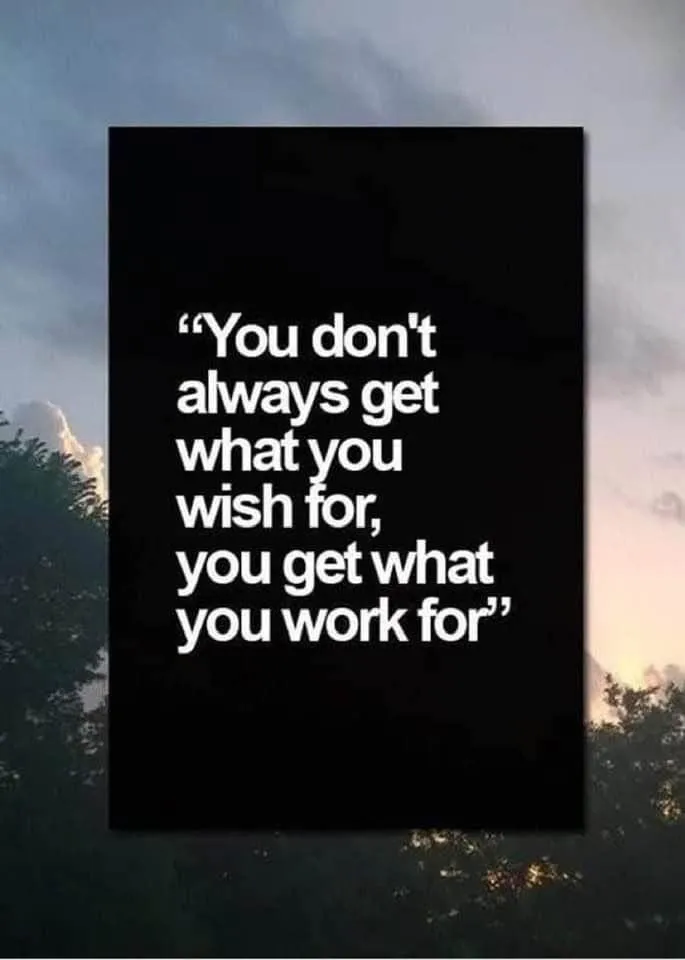Fiona & Sandra's Wise Woman's Blog...

Do You Know What Behaviour Destroys Relationships??
We call them the 4R’s. If you don’t know all about these and know how to avoid them happening in your next relationship, you aren’t setting yourself up for success.
What separates healthy, long-lasting relationships from relationships that fizzle is the absence of specific unhealthy and problematic behaviours and coping mechanisms.
Behaviours that destroy relationships are CRITICISM, CONTEMPT, STONEWALLING and DEFENSIVENESS.
The tell-tale predictor that a relationship won’t last is when there are these 4 behaviour patterns evident between the partners: RESISTANCE, RESENTMENT, REJECTION and REPRESSION.
Otherwise known as the FOUR R’s, these toxic behaviours cause the relationship to break down and they create ill feelings and tension between the couple.
The FOUR R’s are SHIELDS, and they act as defence mechanisms that the couple individually use in an effort to not be hurt and feel pain within their relationship. When unhealthy defence mechanisms like these are used, it breeds disconnection and negative feelings towards each other instead of being able to work through the challenge and resolve it and get back to love.
Resistance
Have you ever noticed that you feel annoyed, criticised or have the desire to distance yourself from your partner after he or she has said, done, or expressed a feeling that you do not like or agree with? If so, you are experiencing RESISTANCE. In itself, it does not end a relationship but it becomes a problem when a partner deals with these feelings by ignoring or minimizing them, which promotes the second R, RESENTMENT.
An effective way to cope with resistance is to acknowledge and share how you are feeling with your partner in a respectful way so that you can work through the issues and resolve the underlying problem.
Resentment
Resentment is the result of unmanaged feelings of resistance that is characterized by hostility, anger, and increased criticism. Resentment prevents couples from emotionally connecting and creates distance between the two of them. The longer a partner decides to manage his or her feelings through resentment, the more likely they will begin to engage in the next R, REJECTION. However in order to prevent rejection from developing, couples must be open and honest in their relationships and share their feelings so they can be resolved.
If you are resentful of someone, be careful of the story you tell yourself as you can create a story that backs yourself up and makes you right, and makes your partner out to be the baddie. You then will ignore anything that conflicts with your version of the truth and discount it. If you hold onto your story without looking for what else could be the truth, you will keep trying to be right and will look for more evidence to support yourself and prove you are right... This can be a dangerous precedent and can make your partner wrong and regardless of what they do or say, they may not be able to prove to you that what you are believing about the situation may not be the truth/or the whole truth. If they continue to feel they are not trusted or respected, they will close down and withdraw.
Rejection
Rejection occurs when resistance and resentment within a relationship go unmanaged and can be exhibited either actively or passively.
Active rejection occurs when a partner makes his or her anger and resentment known through complaints, criticism and verbal abuse, threats to end the relationship, refusal to engage in activities or interactions with his or her partner, stonewalling, or efforts to create time apart from his or her partner.
Passive rejection is exhibited through indirect means of which a partner may not have awareness of it. Examples include pulling away and shutting down, losing interest in activities or interactions with a partner, spending more time at work or in other activities, fantasizing about being with others, engaging in an affair, keeping themselves busy so they don't have to deal with the issues or they might become challenging, angry or aggressive towards their partner.
Rejection means that unmanaged tension has evolved into physically withdrawing their affection and emotionally distancing themselves. Often relationships end when rejection occurs as the walls they put up push their partner away... the partner will feel unwanted, unloved and not needed. However, if couples remain together through rejection but do not effectively acknowledge and resolve it, the fourth R, REPRESSION, occurs.
Repression
Couples who evolve into a repressed state as a result of unmanaged resistance, resentment, and rejection have become emotionally numb to one another as well as may begin to experience numbness in other areas of their lives.
Repression is a defence mechanism that couples engage in and often describe as "we have grown apart and have nothing in common". They hide their true feelings because they are generally unpleasant and they just pretend everything is "fine". Repression leads to the end of a relationship when couples have bottled up how they truly feel over a long period of time and then feel that there is too much distance between them to be able to rebuild their relationship.
The only way to avoid losing your relationship is to be proactive and educate yourself so you don't go down the slippery slope that leads to the Four R’s occurring in your relationship. The following behaviours will help you maintain an emotionally healthy and connected relationship:
1. Acknowledge and take responsibility for any negative or unpleasant feelings or bad behaviour when it occurs. You don't want to wait and stew on it. You must be brave and calmly speak up and share how you are feeling and be vulnerable.
2. Be true and honest about how you feel and be open about what is coming up for you and address the feeling you have by taking ownership of how you feel. You should always be respectful of your partner and not make them responsible for your emotional well-being.
3. Verbalize and ask for what you want and need from your partner. Do not expect them to guess and do not go silent. Demonstrate how you would like to be treated and manage any negative feelings.
4. Practice active listening and listen when your partner speaks and respond to them in a calm, compassionate manner by putting yourself in their shoes.
5. Negotiate through any challenges and work with your partner as partners with a shared goal and common interest. Seek to resolve conflicts quickly and don't make things bigger than they are.
6. Learn new tools and skills so you can have healthy boundaries and be able to follow through and uphold them.
The very best you can do to be the best person you can be is to develop your personality and learn to be a great communicator.
The vast majority of the population are not taught how to be great communicators and most people struggle with expressing their true emotions and feelings. Many of us grew up in homes where we were not encouraged to speak our truth and can feel rejected or hurt easily. If you’d like coaching on how to become a better communicator and able to confidently express yourself, reach out and have a chat with me and I can steer you in the right direction of what is best for you and will help you reach your goals.
We are on your side and want you to have a happy life and successful relationships. If you want to discuss how we can help you, book a free call here.
Coach Fiona May
Divorce Transition and Relationship Coach
Women On Transition


